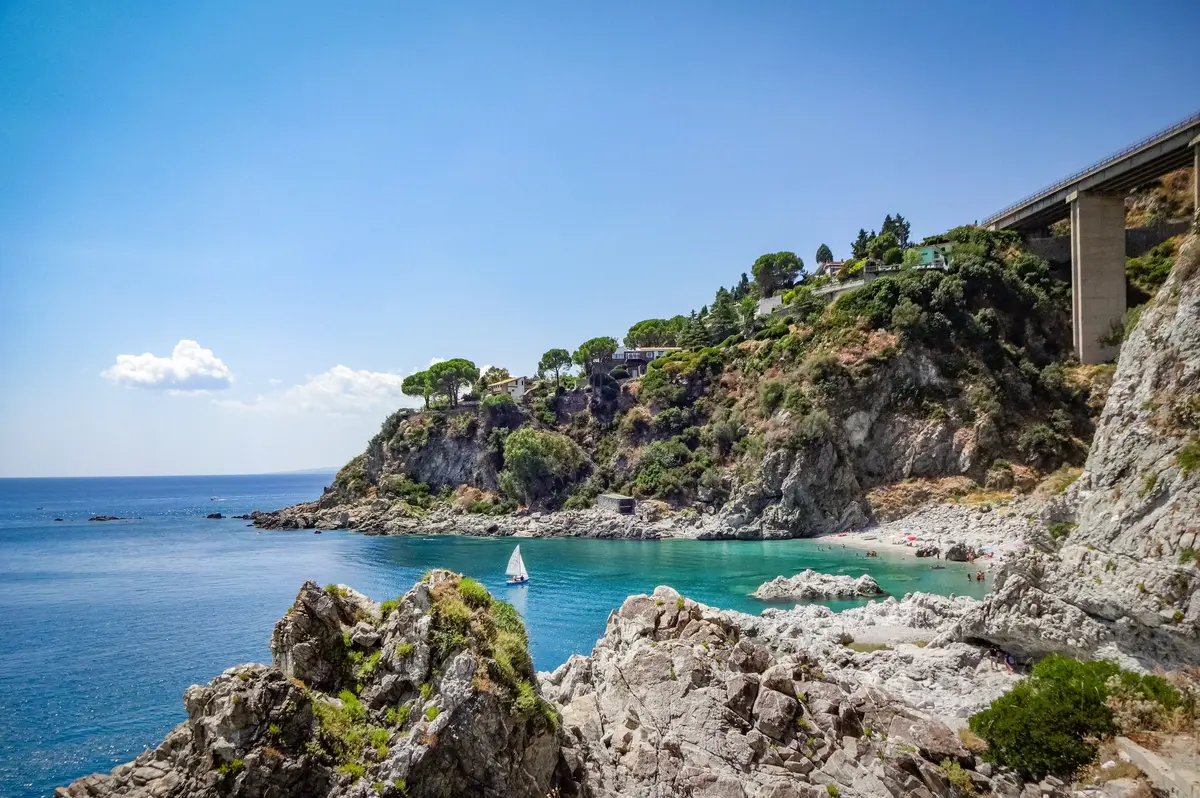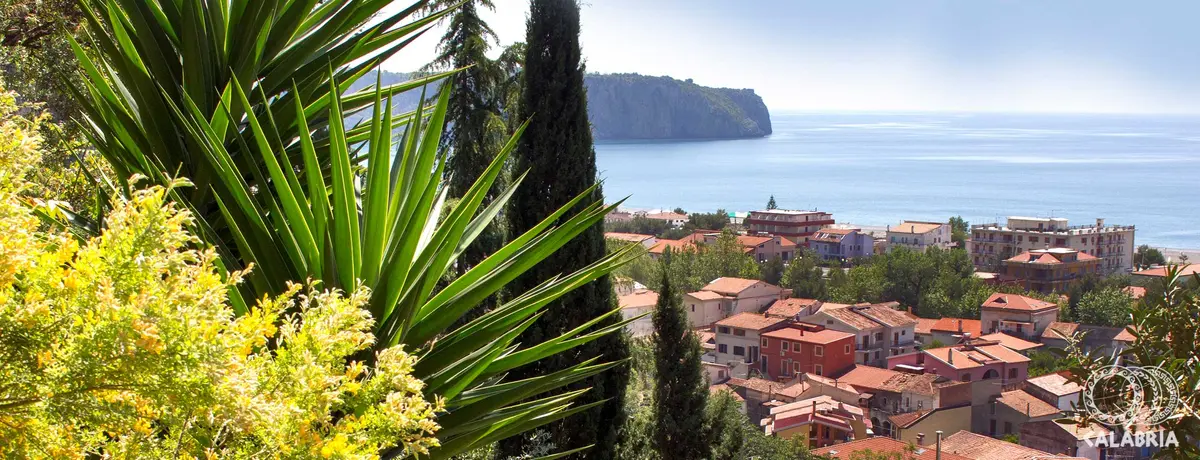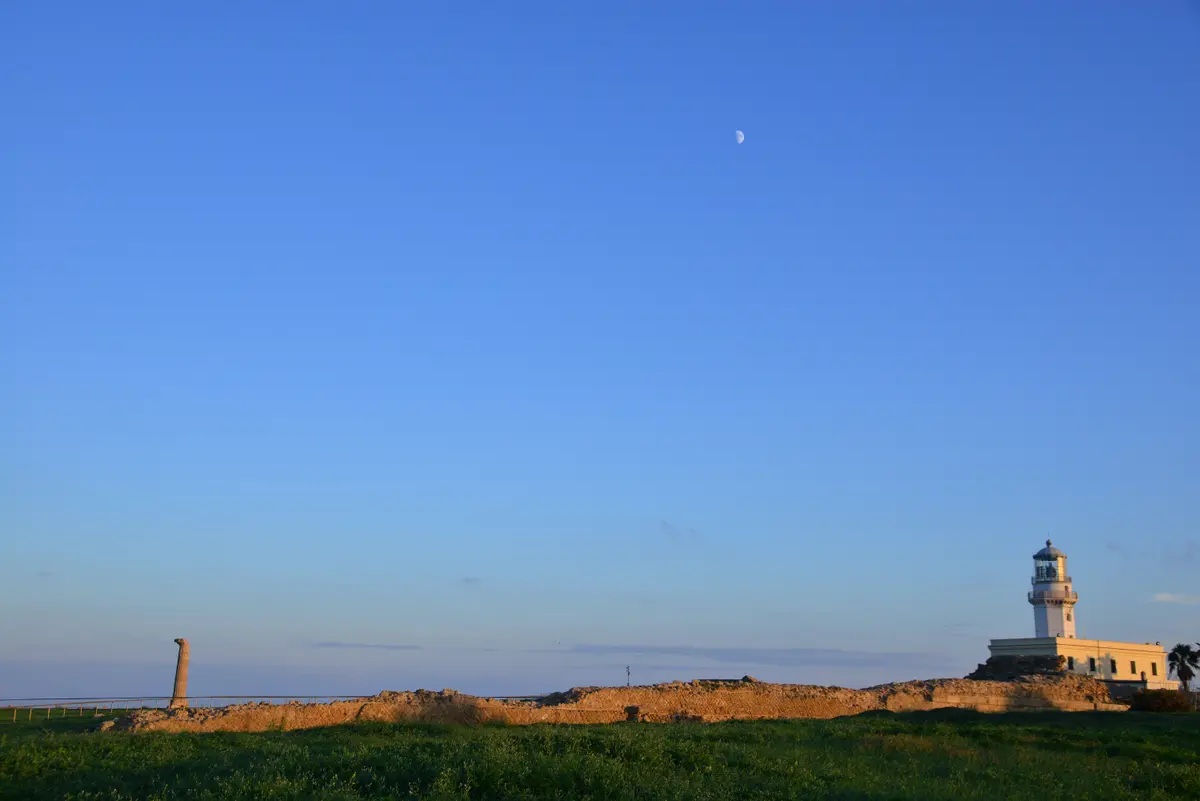Unique flavors and breathtaking views

Landscape
Travel information
Category
Landscape
Target
The itinerary covers the Costa dei Gelsomini, where the scent of the sea breeze loses itself in the sweet aroma of the flower that gives its name to this strip of land washed by the Ionian Sea. There are 42 villages that alternate between low and sandy beaches and rocks overlooking the sea and from here you can discover authentic places, which continue to live of legends and traditions.
Itinerary suitable for everyone, practicable by car, recommended in spring, summer and autumn.

Bivongi
Bivongi is one of them.
Its history began in the year 1000 at the foot of Mount Consolino, amidst unparalleled natural beauty such as the Marmarico Waterfall, one of the highest in Italy. Curious is the dialectal origin of its name (slow, heavy), probably derived from the impression that the perennial movement of the water seems to render it motionless among the rocks.
Bivongi is also known for being the village of longevity, home to some over 100 year olds and a good number of people between 90 and 100 years old. Stopping by the village is a chance to meet some of them and even toast with Teresa, who is called Miss Tranquillity by all the villagers.

Stilo
A few kilometres from Bivongi is Stilo and its Cattolica, one of the main testimonies of the Byzantine period in Calabria and among the region's main monuments that have remained miraculously intact. This is a small religious building located on the slopes of Mount Consolino, whose expressive richness, belonging to a typically Byzantine architectural tradition, places it rightfully among the most remarkable monuments in Calabria.
Stilo is one of the most beautiful and most visited towns in Calabria, thanks to its land rich in history and monuments, its millenary culture and the numerous events held throughout the year, which provide pleasant surprises for visitors.
The historic centre and the neighbouring village are home to a maze of narrow streets, houses attached to each other almost as if to hold each other up, courtyards and small gardens that create glimpses of enchanting poetry, majestic noble palaces, beautiful churches and, above all, the city walls with their towers and city gates, which give Stilo the appearance of a typical medieval town and make it one of the Most Beautiful Villages in Italy.

Badolato
Staying a little further away from the sea, you can stop in Badolato, the village of the angels, a charming medieval village where you can immerse yourself in the Byzantine atmosphere, lose yourself in the many characteristic alleys and ancient cellars, the ones they call catoja here.
Not to be missed are the rites of Holy Week, which encapsulate thousands of years of history, folklore and spirituality in just a few intense hours.
Thanks to a policy of hospitality and restoration of historic buildings, Badolato is a popular destination for foreigners from northern Europe who have decided to take up residence in the village and use it as a buen retiro for their holidays.
In recent years Badolato has also become a hotel town, thanks to several tourism entrepreneurs who have decided to work in a network to offer visitors the truest experience of Calabria, which is not only a holiday but also a transmission of emotions and lifestyle.

Soverato
Returning to the sea, one reaches Soverato, called the pearl of the Ionian Sea, one of the most beautiful places on this coast, where the crystal-clear sea is kissed by the sun practically all year round. Soverato offers many attractions of historical and artistic interest, especially in the old part of the town, which is home to, among other things, an archaeological site unearthed from the ruins of the 1783 earthquake.
Enchanting is its bay in the centre of the vast Gulf of Squillace, where you need only stray a few dozen metres from the shoreline to enjoy a deep seabed, abyssal in places, which is home to numerous colonies of seahorses and needlefish.

Caminìa di Stalettì
Continuing along this route, one arrives at Caminìa di Stalettì, a renowned seaside resort located on the stretch of coastline known as the Costa degli Aranci. The beach of Caminìa consists of a soft expanse of golden sand, set within a granite cliff that extends into the water at either end of the beach, creating an evocative and uniquely beautiful scenario. Bounding the beach of Caminìa is the so-called Torrazzo cliff, an imposing granite cliff that rises from the sea towards the sky, creating a striking and spectacular scenery.
In the bay of Caminìa, one can see numerous archaeological finds, the watchtower and lime kilns, dating back to ancient times and testifying to the historical significance of the place, chosen since ancient times as a happy and safe landing place.
Between Caminìa and Copanello, you can visit the famous Cassiodorus Pools, where the ancient Romans used to breed moray eels and whose seabed is characterised by white sand.
Just a stone's throw from Caminìa is the beautiful Scolacium Archaeological Park in Roccelletta di Borgia, a walk through centuries past.

Copanello Lido
Copanello Lido, the Precious Stone of the Costa degli Aranci, is one of the most important seaside resorts in Calabria, characterised by a wide golden beach interrupted for a stretch by the suggestive cliff on which the village stands. The sea is splendid with a sandy and sloping seabed, ideal for long swims. In Copanello, it is worth visiting the famous cave of San Gregorio.

Catanzaro Lido
The itinerary to discover this part of Calabria ends in Catanzaro Lido, a real city centre by the sea where you can enjoy the nightlife of the seafront and the delicacies of the many places offering traditional cuisine.
The beach of Catanzaro Lido is one of the most beautiful urban beaches in Calabria. The evocative curvature of its extension seems to be gently encircled by the buildings that rise a stone's throw from the shoreline, in an osmosis favoured by the greyish colour of the small pebbles of which the beach is composed, whose chromaticism blends with the adjoining concrete of the dwellings.
Despite its typically seaside character, the Catanzaro Lido agglomeration is home to numerous religious architectures and monuments of historical and cultural importance: the Anchor, an imposing monument to the fallen of the sea located on the seafront, consisting of a concrete structure with an enormous bronze anchor about 6 metres high; the Tonnina Tower, about 30 metres high, which was part of the Ledoga, a factory that produced Tannino, from which the tower takes its name; a Gutta, a circular buoy 6 metres in diameter located on the seafront and used for mooring fishing boats.


